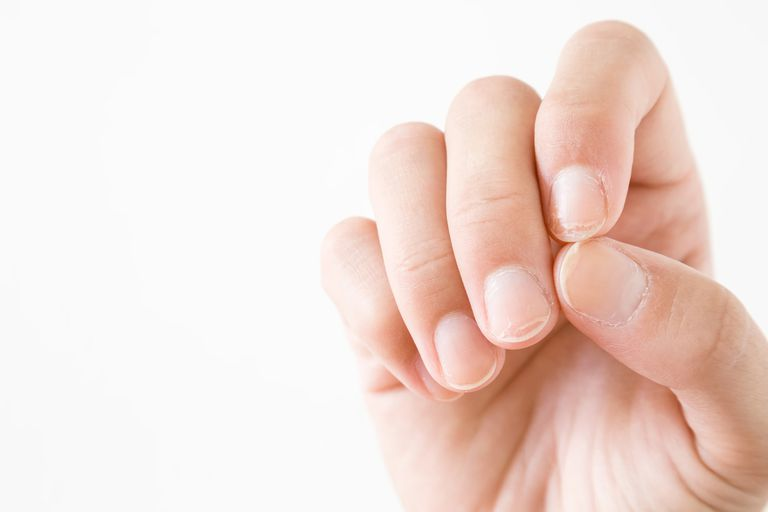Beware!.. 5 signs that you have low calcium
It is important to keep your bones and muscles strong and healthy, so that you can carry on with your normal life and continue with your various exercises.
Specialists say that it is necessary for an adult to get a thousand mg of calcium per day, and the dose for a pregnant woman is increased to 1200
Although exercise itself helps to improve bone health and increase its efficiency, paying attention to some signs that indicate a lack of calcium in your body will help you avoid injuries and avoid the damage that may result from this problem.
Calcium is one of the most important minerals in the body in general, due to its role in the work of many vital human systems, and its responsibility for bone health, especially since most of the calcium is stored in the bone. Calcium also helps maintain the health of the heart muscle and transmits necessary signals to the nerves for muscle movement.
Specialists say that it is necessary for an adult to get 1,000 milligrams of calcium per day, and there may be a need to increase this amount of calcium for a pregnant woman, as she needs from 1,200 to 1,300 mg.
To understand the meaning of 1,000 mg of calcium, think of a little Parmesan cheese on your pasta plate. Just 28 grams of this cheese contains 331 mg, while a glass of milk contains about 270 mg of calcium.
Increased bone injury may be a sign that you have low calcium
Calcium deficiency leads to weak bones, which increases the risk of infection in different life circumstances. Here are five signs you should pay attention to when you have low calcium, which we quote from Runners World .
1. Repeated muscle spasms
Calcium helps get rid of muscle spasms, and this means that a deficiency of this mineral may increase the chance of developing cramps, especially in the back and legs.
2. Dry hair and nails
Calcium helps with healthy hair and nails and growth. If you don't get enough calcium, your hair and nails can become weak and dry. Weak, brittle nails and damaged hair are signs that you may be deficient in calcium.
3. numbness of the extremities
Do you feel numbness in the tips of your arms or legs? Your low calcium levels may be responsible for this. This is because the mineral is responsible for transmitting nerve signals, and this may be the reason for numbness or tingling in your extremities.
4. Irregular heartbeat
Because calcium affects nerve signaling, muscle contraction, and blood vessel contraction and dilation, calcium deficiency is associated with symptoms of poor heart functioning.
If you feel that your heart is beating irregularly, or you have shortness of breath, or chest pains, these could be serious signs of calcium deficiency, and you should see your doctor immediately.
5. Increased injuries to the bones
If you're noticing an increase in bone-related injuries, it could be because your calcium levels are poor, which means your bone density is low, making it more susceptible to injury.
Weak and dry nails are a sign of low calcium
If you suffer from one or more of these symptoms, you should take the necessary steps to treat this problem, and the necessary first step is to do a blood test.
Arrange a visit with a medical professional if you notice some of these symptoms, and he may of course recommend this test, to see its results and prescribe the necessary supplements to increase your calcium level.
Calcium deficiency is associated with symptoms of poor heart performance, because calcium affects the movement of nerve signals, muscle contraction, and blood vessels
After a short time, it will be best to repeat the blood test, in order to make sure that the calcium has returned to its normal
level in your body.
https://www.ultrasawt.com/%D8%A7%D8%AD%D8%B0%D8%B1-5-%D8%B9%D9%84%D8%A7%D9%85%D8%A7%D8%AA-%D8%AA%D8%AF%D9%84-%D8%B9%D9%84%D9%89-%D8%B6%D8%B9%D9%81-%D8%A7%D9%84%D9%83%D8%A7%D9%84%D8%B3%D9%8A%D9%88%D9%85-%D9%84%D8%AF%D9%8A%D9%83/%D8%A7%D9%84%D8%AA%D8%B1%D8%A7-%D8%B5%D9%88%D8%AA/%D8%A7%D9%84%D8%AA%D8%B1%D8%A7-%D9%84%D8%A7%D9%8A%D8%AA?scroll=1




